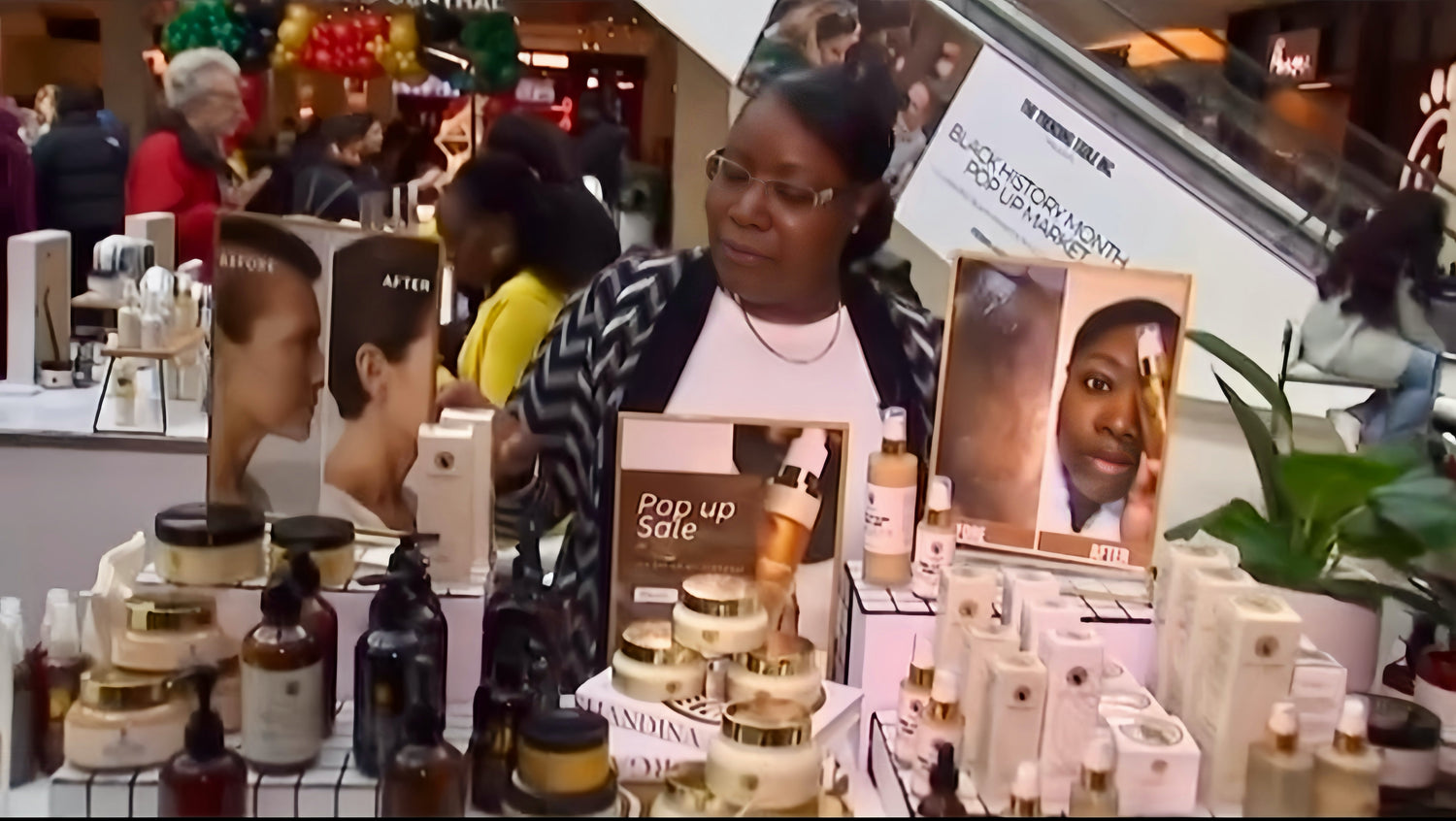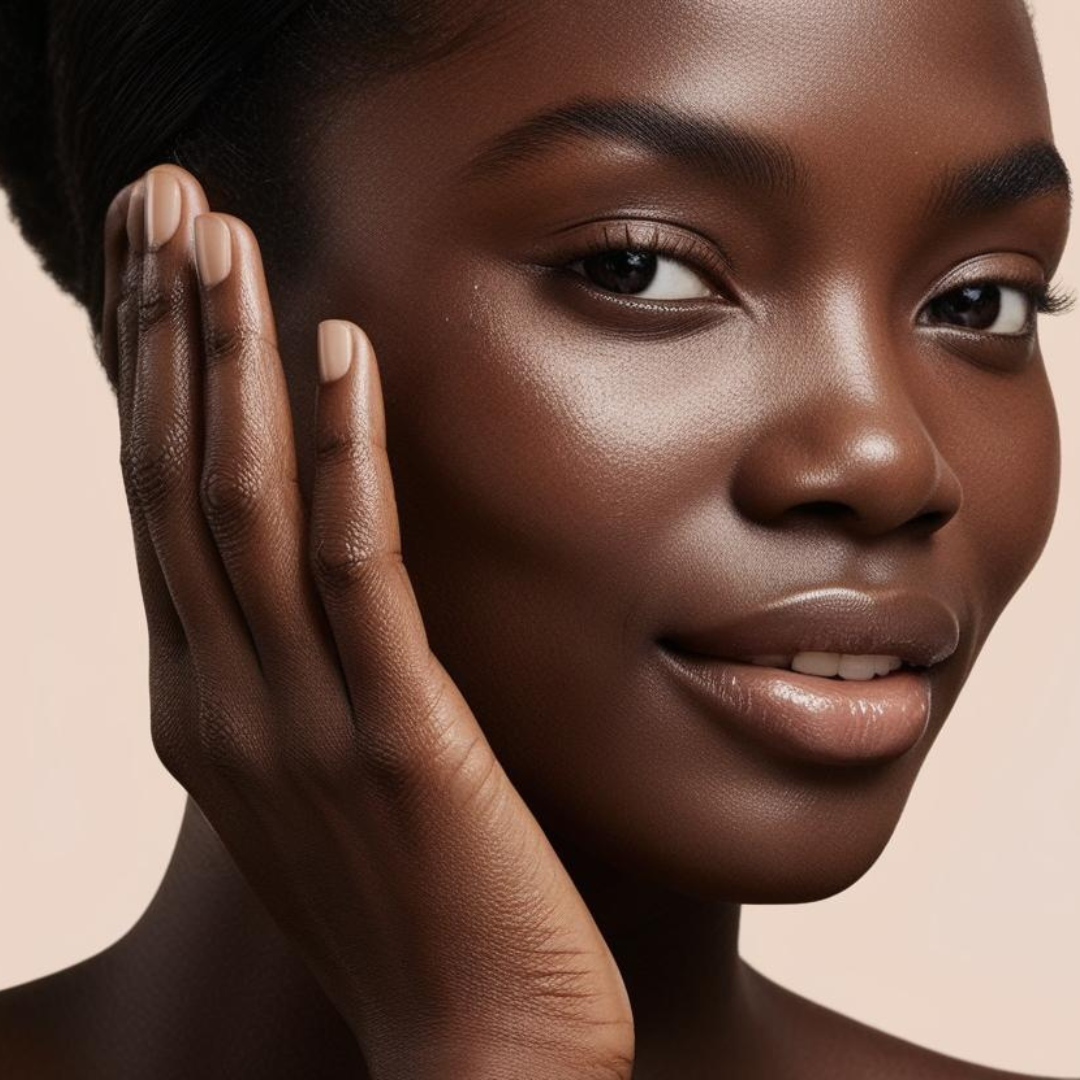Everyone wants glowing, flawless skin. But for most of us who aren't blessed with naturally perfect genes, it's hard to get there, especially when you have skin conditions like acne to battle along the way. All hope is not lost, though. Just about anyone can have great skin, and the best part? It doesn't always require you to dish out two months of your paycheck on some ambitious beauty treatment. Some skincare tips take less effort than you may think to give you visible results over time, like decreased redness, increased glow, and acne control. You know the basics — drink plenty of water, get enough sleep, and wash your face, but what about everything in between? Luckily, there’s no need to shell out tons of cash on any magical procedures or expensive creams to achieve flawless skin.
1. Use the correct cleanser for your skin type.
"For oily or acne-prone skin, a salicylic gel or benzoyl peroxide wash works great," says Dr. Ava Shamban, a dermatologist in Santa Monica. "For dry mature skin, use either a moisturizing glycolic or milky cleanser. For skin with brown spots or melasma, use a brightening wash, such as an alpha hydroxy acid cleanser."
2. Hydrate immediately after cleansing
Austin, Texas–based aesthetician Renée Rouleau says that one of the biggest skincare mistakes people make is waiting too long after washing to apply moisturizer. Whether it's face or body lotion, "you have just a short window after cleansing to put on a hydrating product before moisture starts to evaporate," says Rouleau. "If you let your skin dry completely, the water on your skin plus any moisture in your skin will start to get pulled into the air." SOHC Capuacu/Shea Butter Cream is a great Hydrating Moisturizer For Your Skin
3. Consider your water
"Soft water doesn't remove soap well, so it can leave a residue on your skin," says Susan H. Weinkle, an assistant clinical professor of dermatology at the University of South Florida. If your water is soft, use face and body cleansers sparingly (no more than a nickel- or quarter-size amount, respectively). Hard water, on the other hand, doesn't allow washes to lather easily, prompting you to use even more cleanser, which can cause dryness. Gentle, nonsoap formulas, which aren't meant to lather, can minimize this, says Carolyn Jacob, MD, a board-certified dermatologist in Chicago, Ill. To check the water quality in your area, log on to the Environmental Protection Agency's website.
4. Reassess your skincare routine
Don't go on autopilot with your skincare, says Dr. Marmur, who eschews a set routine in favor of amassing a mindful collection of products, then customizing day by day. "If my skin looks good and feels comfortable," she says, "I use a lighter night cream. In October, when the barometer drops and my skin becomes drier, I choose a richer formula." Similarly, several women mentioned their devotion to masks, which help them treat temporary conditions, like sensitivity and dryness. "I use an exfoliating clay mask followed by a hydrating mask when I'm having my morning coffee," says Jessica Alba, the founder of Honest Beauty. hydrate, with SOHC Hempseed Anti-Aging serum ($88 ; Hempseed Hydrating Moisturizer ), to exfoliate, up to three times a week.
5.Treat your skin from the inside
"To keep my skin clear and firm, I eat the building blocks of collagen—such as copper, found in nuts and seeds; and lysine, found in legumes and lean meats," says Dr. Marmur, who adds that foods with zinc and magnesium also help combat acne. Although there are not piles of scientific studies proving that a healthy diet equals better skin, says Dr. Marmur, "I've seen overwhelming anecdotal evidence in my practice and in my own skin." Whitney Bowe, MD, board-certified dermatologist in New York City, agrees; a glow-boosting trick that she uses when her skin looks sallow is to raise her beta-carotene intake by adding carrots or sweet potatoes to a smoothie.
Finally, and you've heard it before: Most experts interviewed said that drinking water is a must. Josie Maran, a model and the founder of Josie Maran Cosmetics, tricks herself into guzzling more with a bit of flavor doctoring. "I make fruit-, vegetable-, and herb- infused waters," she says. "My favorite is spiking water with chopped strawberries and basil."
And what to avoid? Dairy. Scientists don't understand exactly why milk products can lead to acne, but some surmise that the natural hormones present in dairy may be to blame, says Leslie Baumann, MD, a board-certified dermatologist in Miami Beach, Fla, who notes that even organic milk can cause breakouts. Cottage cheese, instant breakfast drinks, and sherbet are also linked to acne. While cutting back on dairy won't solve a pimple problem single-handedly, it may make a difference for those who suffer severe breakouts, say experts. (If you go this route, be sure you're getting enough calcium from other food sources, such as leafy greens, or consider taking a supplement.)
6. Exfoliate more
"As we age, skin cells turn over at a slower rate than they did in our 20s," says Dr. Bowe. The result: Without help from scrubs, peels, or even a clean washcloth, dead skin cells can build up on your face and body, clogging pores, preventing products from penetrating, and making your complexion look dull. Dr. Bowe uses Dr. Brandt Microdermabrasion Skin Exfoliant ($79; drbrandtskincare.com) twice a week on her face and hands.
7. Get a good night's rest
"The skin repairs itself at night, so the more sleep you get, the more time your complexion has to rejuvenate," says Dr. Bowe. And the benefits are not just long-term. In many cases, you can see results the next morning. "The more sleep I get, the less makeup I need, because my skin looks naturally refreshed," says Alba.
And the opposite is also true. "Under-eye puffiness can be caused by a spike in cortisol levels," says Dr. Bowe. "Beauty sleep is no joke—you truly need seven to eight hours. When you don't get enough sleep, your cortisol levels increase, and when that happens, that boosts the rate of collagen breakdown, causing under-eye bags to appear."



